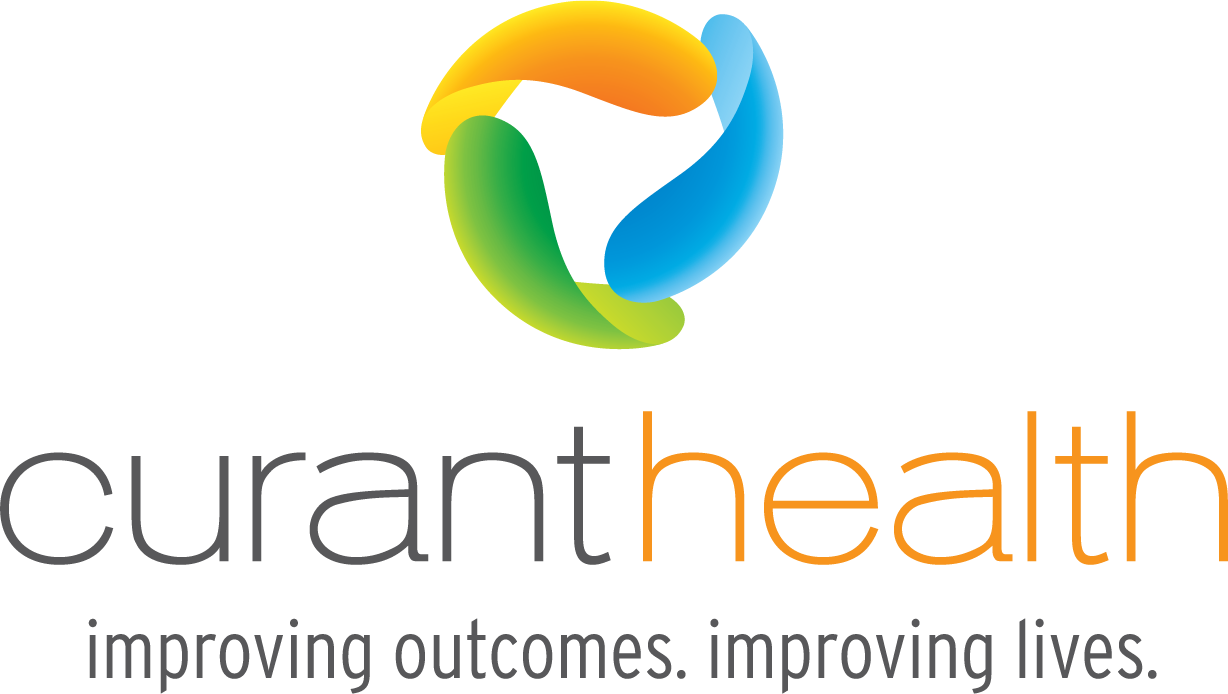What would you do if you were in charge of a company that was bleeding $17.5 billion a year on a preventable problem?

What if that number didn’t just represent money, but actual human suffering?
If your answer is anything other than “whatever is necessary to stop it, or at least slow it down” then you can stop reading. Otherwise, please read on.
Medicare is facing this exact problem. The program spends an estimated $17.5 billion on hospital readmissions each year. That means millions of patients stayed so sick that they had to return to the hospital less than a month after being discharged.
Like you -- if you’re still reading -- Medicare administrators are serious about bringing this number down. Since the program does not have direct control over specific treatment plans, it did the only thing it could: begin punishing hospitals with excessive 30-day readmissions by reducing reimbursements to them.
Naturally, hospitals noticed. They began scrambling in earnest to develop programs to help reduce readmission rates. Called transitional care interventions, these programs take a variety of approaches to help keep patients healthy after they leave the hospital. Common components of transitional care interventions include a motivational interview with a nurses prior to discharge, a follow-up call 1-2 days later, treatment notification and follow-up request sent to primary care physician, a hotline patients can call with questions, and further motivational interview sessions at a frequency of the patient’s choosing.
In October, the American Journal of Managed Care published the results of a randomized control trial that studied the efficacy of transitional care interventions. The researchers found no statistically significant difference between patients receiving transitional care interventions and those receiving usual care. The bottom line is that transitional care intervention isn’t working.
This is not news to us at Curant Health. Our experience has demonstrated repeatedly that traditional transitional care is not robust enough to improve patient outcomes. Medication Therapy Management (MTM) has been proven to reduce hospital readmissions by 86%, according to a study published in Health Services Research, the official journal of AcademyHealth. In this study, patients were contacted proactively on regular intervals by clinical pharmacists to ensure they were taking medications properly. If not, the pharmacists investigated the barriers to adherence and became advocates in overcoming them.
That advocacy takes on many faces and is what unleashes the true power of Curant Health’s enhanced MTM. While transitional care is finite, consisting of one or two calls over a few weeks or months, a key component of our enhanced MTM approach is providing a lifetime of support for our patients.
But direct, continual patient outreach is only one component of a full enhanced MTM program, which can include prescription reconciliation, individualized medication packaging, co-pay assistance, prior authorization assistance and evolving personalized care. These components join forces to improve patient outcomes and reduce hospital readmissions further.
Our enhanced MTM is also a function of pharmacy professionals, so it frees up clinicians to spend more time with their patients at the most critical times. This led Forbes magazine to refer to pharmacists as the newest members of your personal healthcare team.
If you or someone you love is struggling with a chronic condition, multiple medication regimens and adherence to those medications, contact Kristin Lindsey, Senior Marketing Director, at klindsey@curanthealth.com today to find out how we can help improve outcomes, improve lives and reduce spending on healthcare.
Marc O’Connor
Marc O’Connor is chief operating officer of Curant Health, a medication therapy management firm focused on improving outcomes for people living with chronic diseases including HIV, Hepatitis C, rheumatoid arthritis, diabetes and more. He is a member of the board of directors of Team Type 1 Foundation which is focused on increasing awareness and support for Type 1 diabetic patients around the world. On LinkedIn
